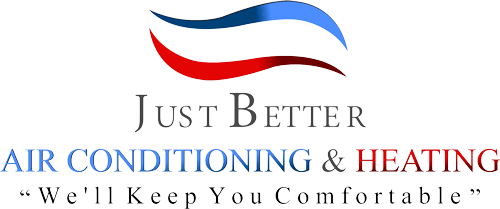ACCORDING TO SRP: During the summer, air conditioning can account for 50% or more of your total electric bill.
Follow the tips below to increase energy efficiency and save money.
- Leave most of the air vents open in your home. Closing air vents in more than 10% of your total conditioned space creates a pressure imbalance and reduces the effectiveness of your cooling system.
- Do moisture-producing chores when it is cooler and your cooling system won’t have to work as hard.
- Wash clothes and dishes or mop floors in the early morning or at night.
- Prevent heat gain inside the house by taking these steps to lessen the load on your cooling system.
- Shade all sun-struck windows with shade screens, awnings, trees and shrubs on the outside, and window tints or film, blinds, shutters or drapery on the inside. Shaded windows can save up to 25% of the cost of air conditioning, when compared to unshaded windows.
- Close draperies and blinds on summer days to help keep out the heat.
- Paint exterior walls a light color. It will help reflect the sun and prevent your home from absorb as much heat, thereby keeping it more comfortable inside.
- Maintain minimum insulation levels of R-19 for exterior walls (total wall system) and R-30 in your ceiling.
- Avoid activities that can add excessive heat to your home during the hottest part of the day, such as cooking, doing laundry or running the dishwasher.
- Inspect weather stripping around exterior doors and windows to ensure cracks are sealed and air isn’t leaking into your home.
- Caulk around window frames and all exterior wall penetrations such as pipes, electrical boxes, and vents.
- Install foam or rubber receptacle gaskets on all switches and outlets.
- Keep windows and doors shut tightly to retain cooled air.
- Check pet doors to make sure they are snug and replace the rubber gaskets as they become worn.
- Check the fireplace damper to make sure it’s closed and that no daylight can be seen around the edges.
- Make sure your attic is properly ventilated. Without proper ventilation, attic temperatures can reach 140-160 degrees. Such high temperatures not only increase air-conditioning costs, but also can reduce the life of your roofing material.
- Check that attic exhaust vents are not blocked. Before installing an electric attic fan, calculate whether its motor won’t use more electricity than it saves.
- Set the thermostat between 78 to 80 degrees when you are home and up to 85 degrees when you are away. For every degree you set your thermostat above 80 degrees, you can save approximately 2 to 3% on cooling costs.
- Install a programmable thermostat. Set it to allow the temperature in your home to increase by 5-10 degrees while you’re away and to return to a comfortable level an hour before you return.
- Turn your air conditioning fan to “Auto.” This turns the fan motor off when the unit is not cooling.
- Using “Auto” rather than “On” can save you $15 to $25 each month on your energy costs.
- Schedule maintenance service on your cooling system once a year by an JUST BETTER AIR CONDITIONING to maintain its efficiency.
- Buy a higher-SEER unit when the time comes to replace your cooling system. The efficiency of heat pumps and air conditioners is indicated by the Seasonal Energy Efficiency Ratio (SEER). The higher the number, the more cooling you will get for your dollar. Ask a JUST BETTER AIR CONDITIONING what level of efficiency is right for your home.
- Buy the right size cooling system. A unit that is too large for your house will cause frequent cycling, inefficient operation and higher operating costs.
- Set your ceiling fans to blow downward during the summer to circulate air rather than lowering your thermostat.
- Clean debris and obstructions from around outdoor air conditioning components.
- Replace disposable air filters or clean permanent ones at least once a month. A dirty filter forces your equipment to work harder, causing higher energy bills.
